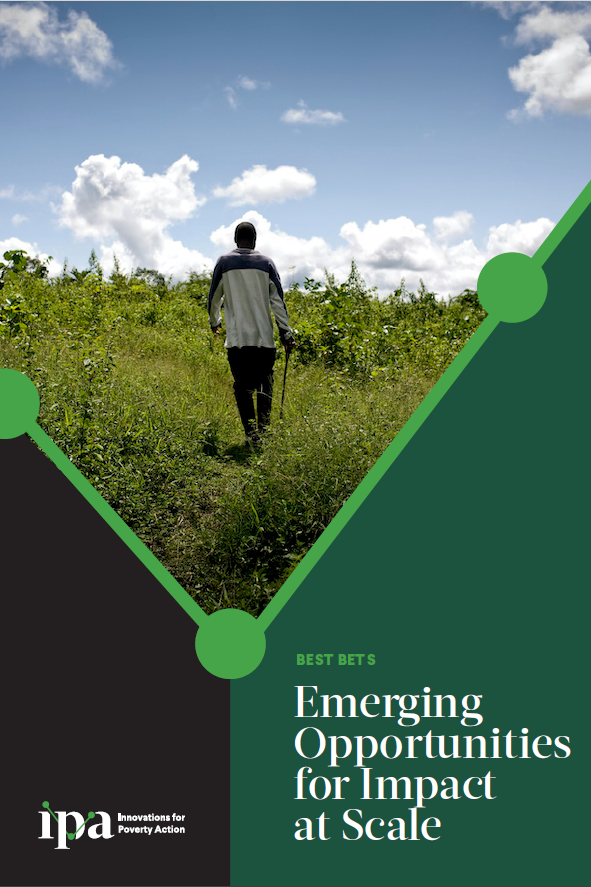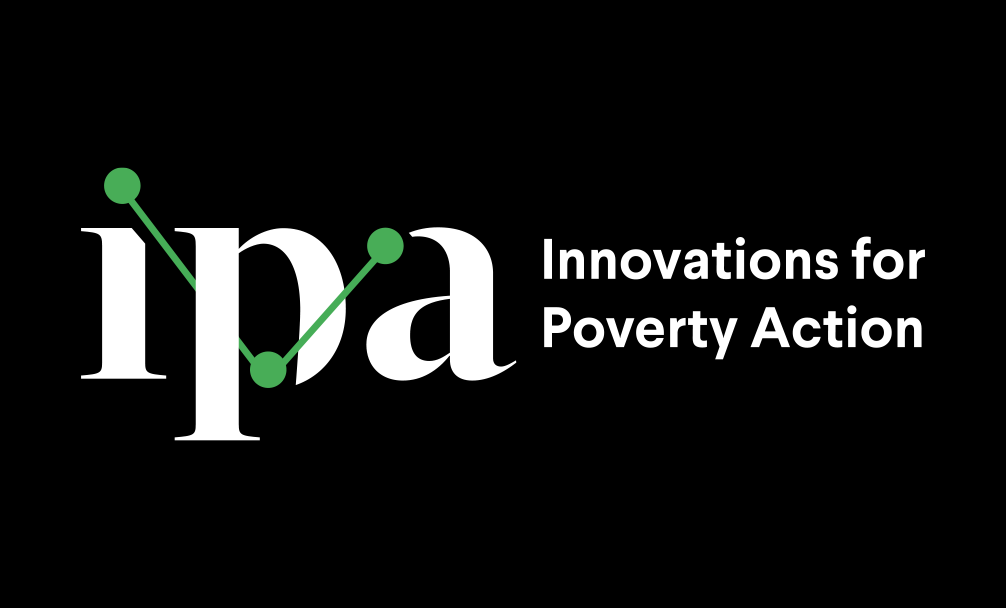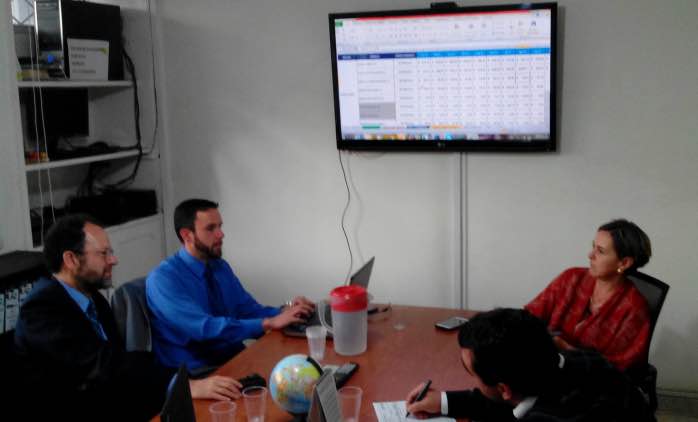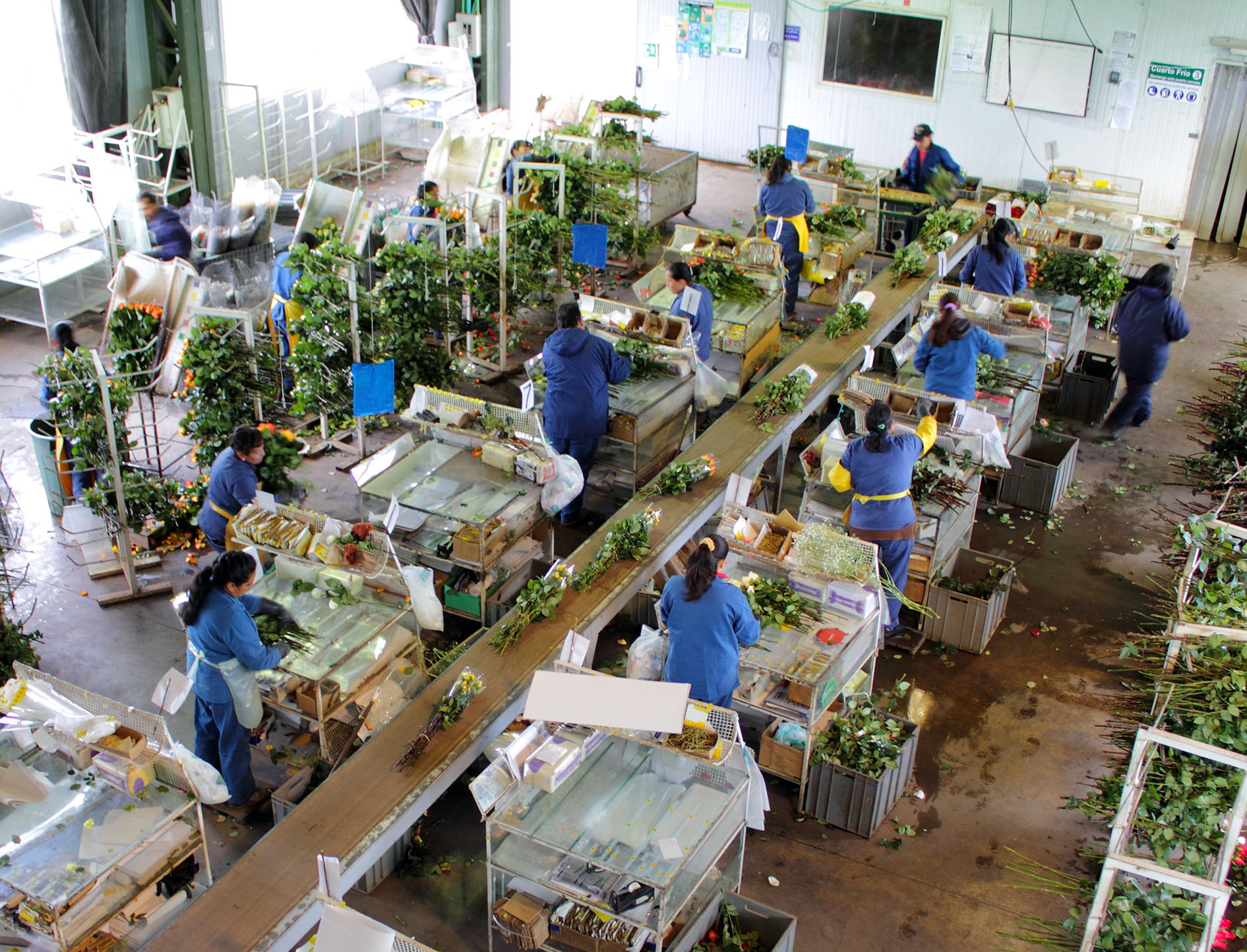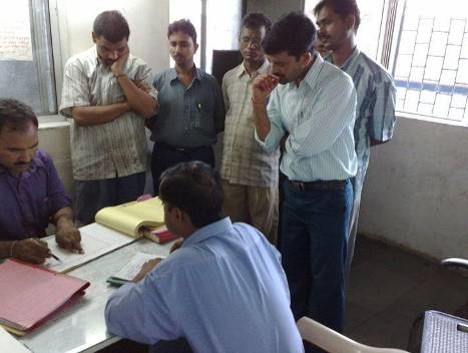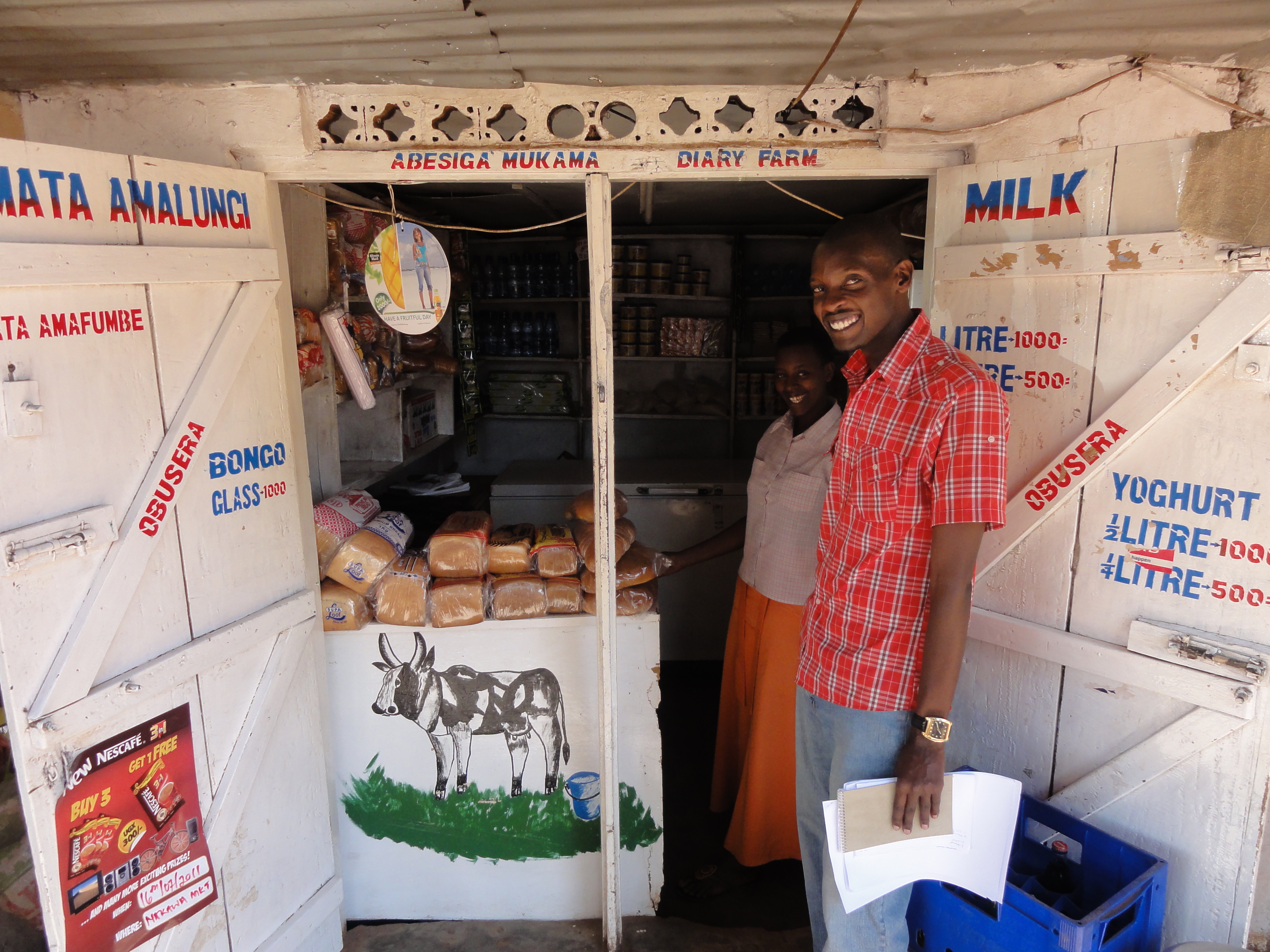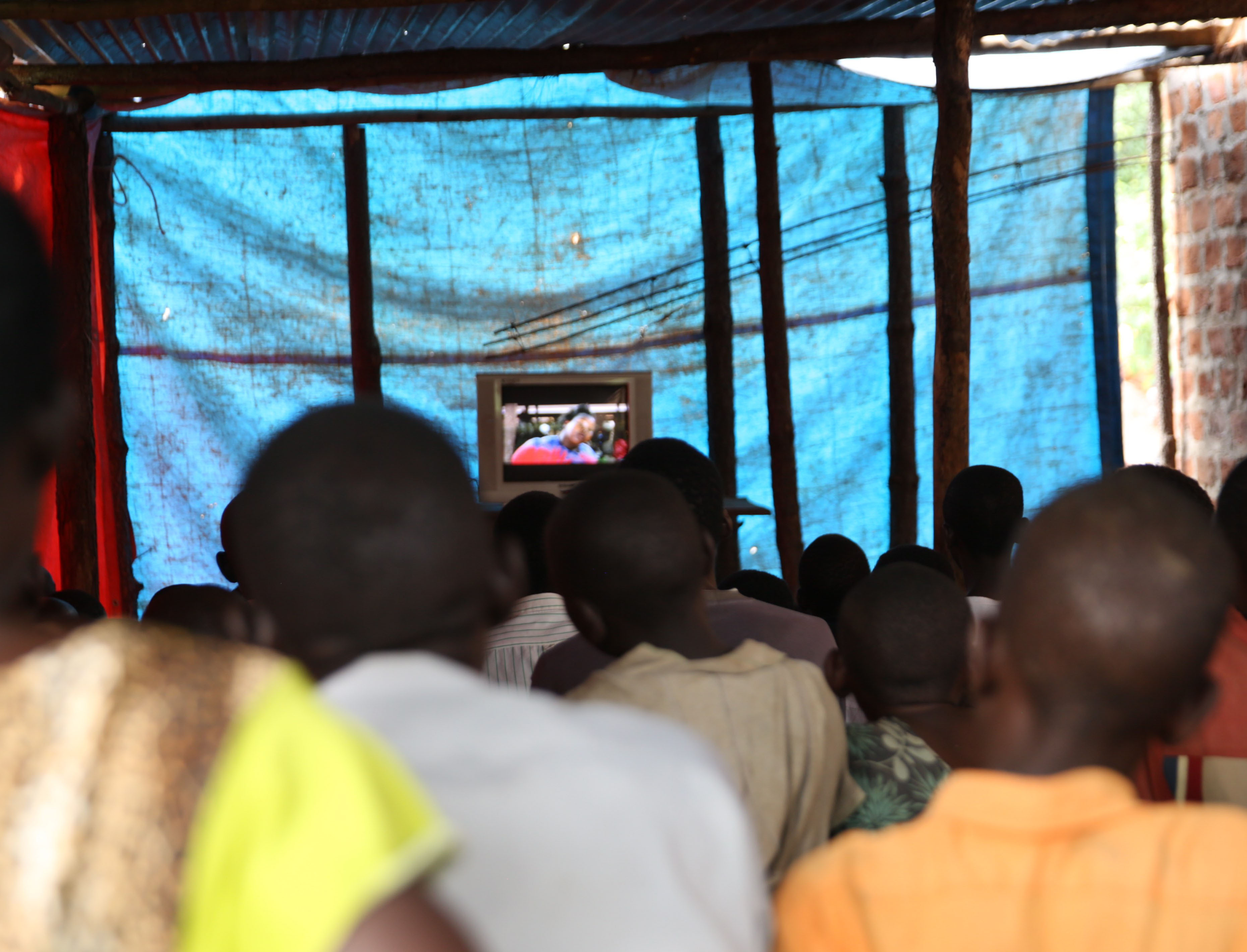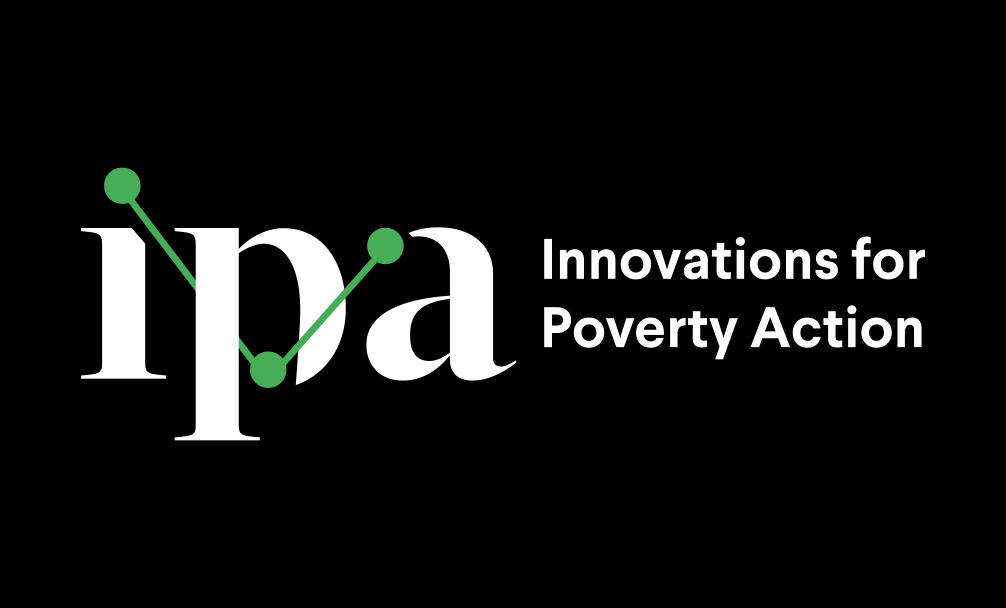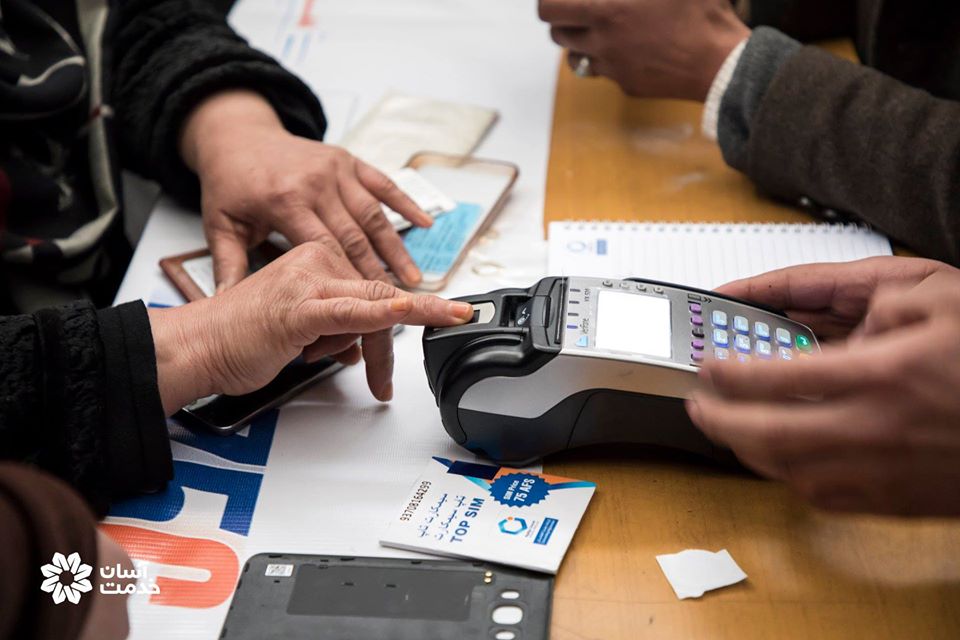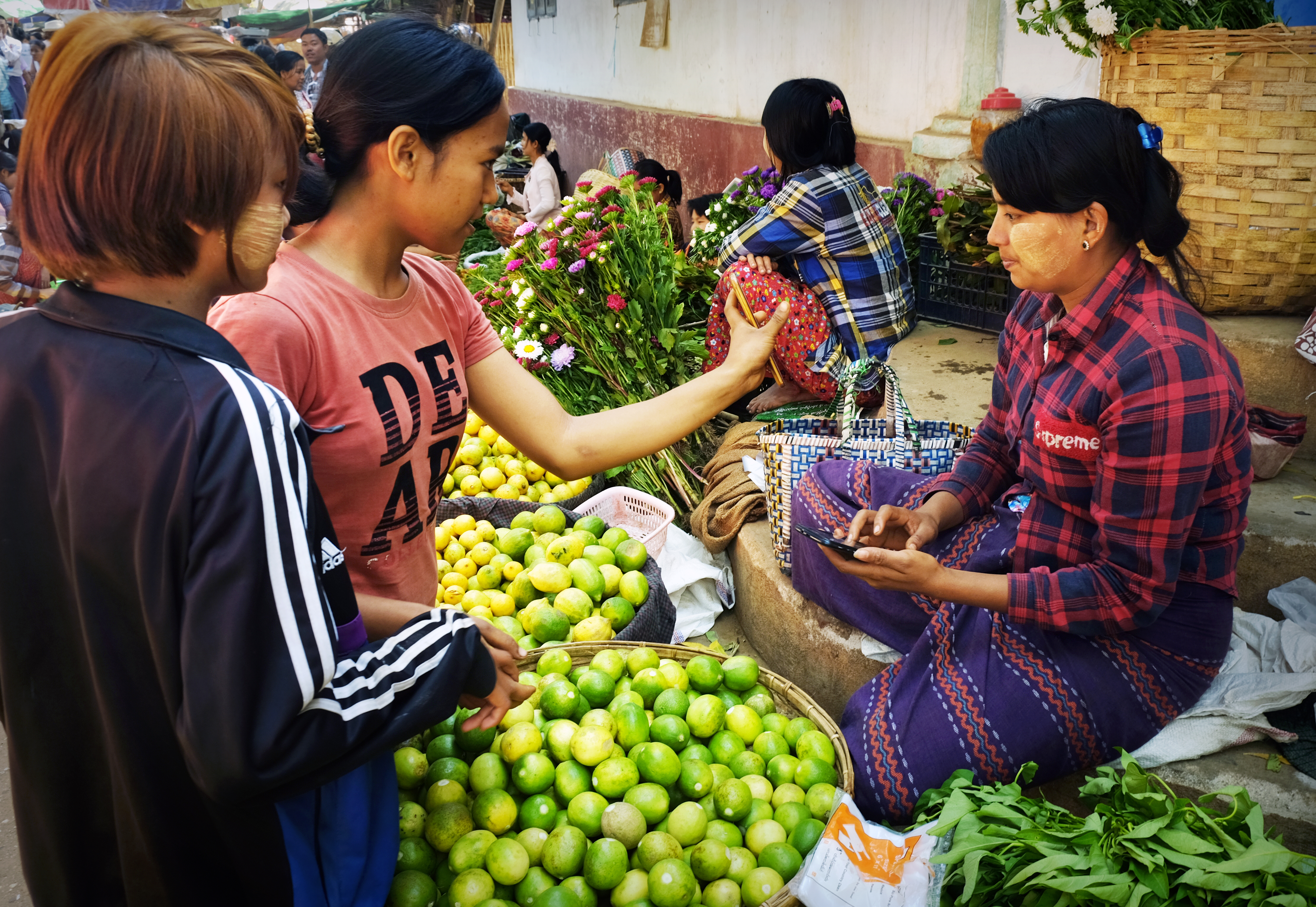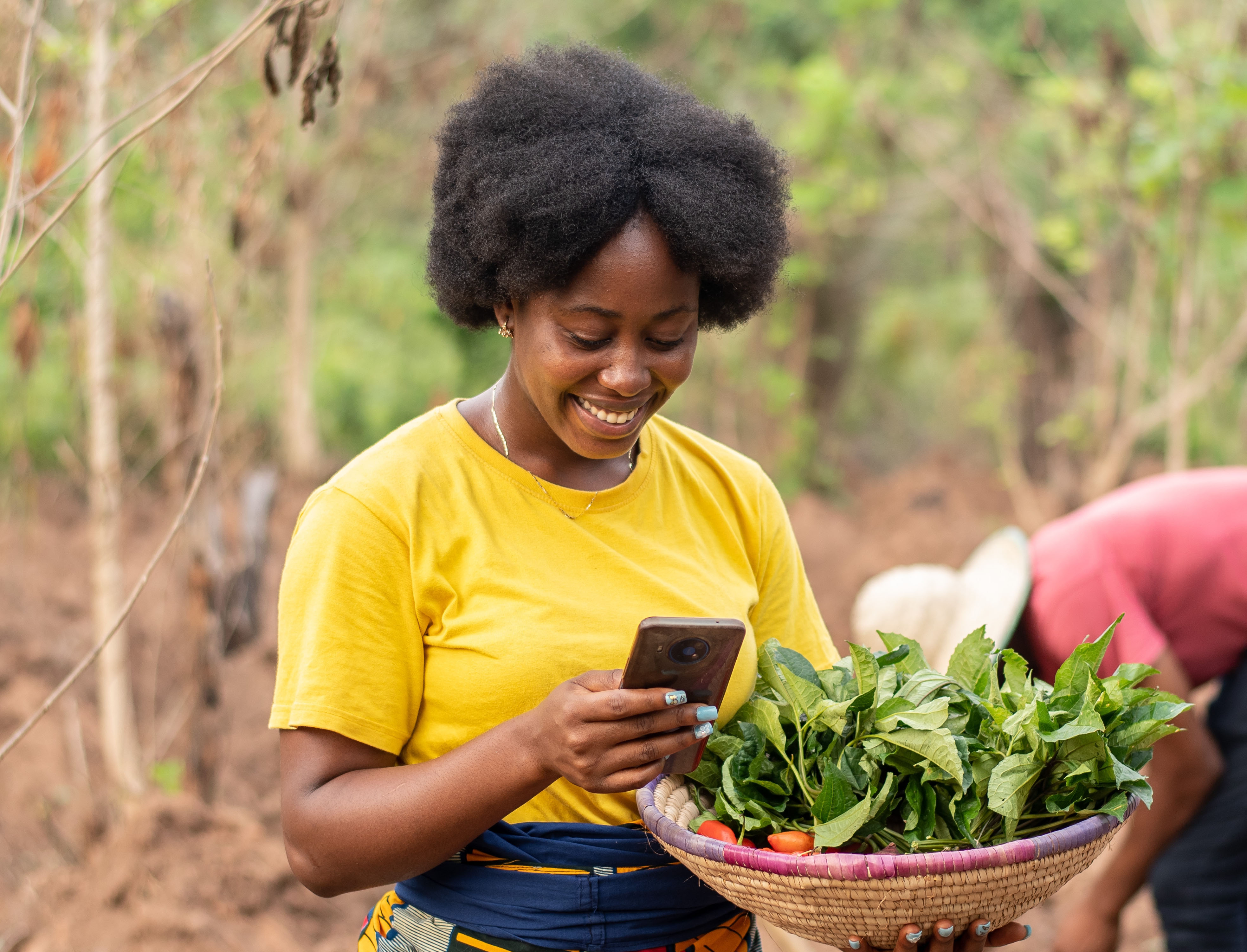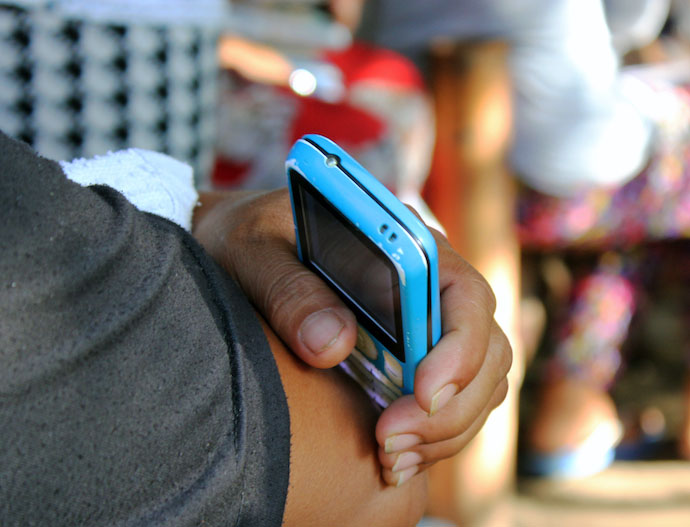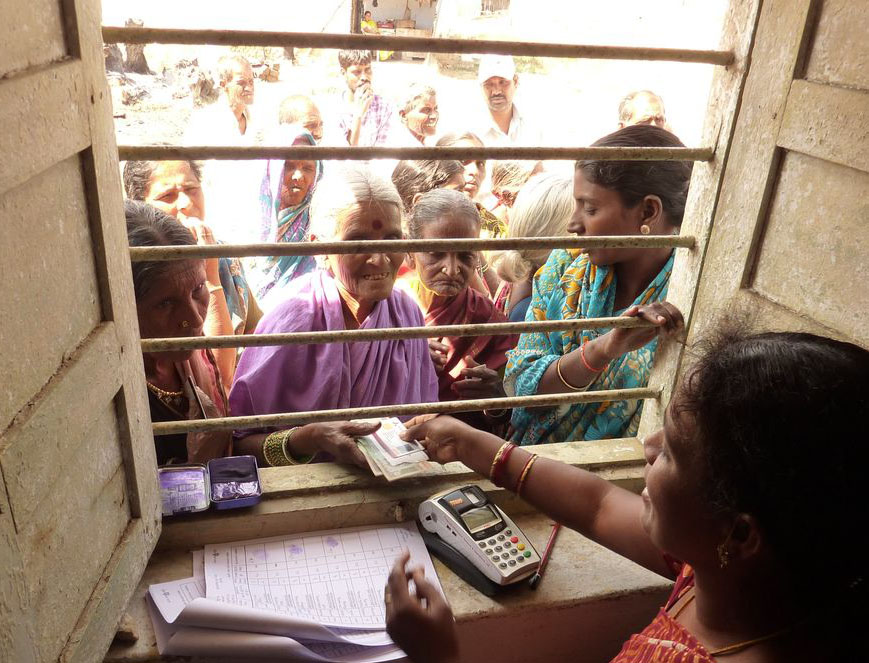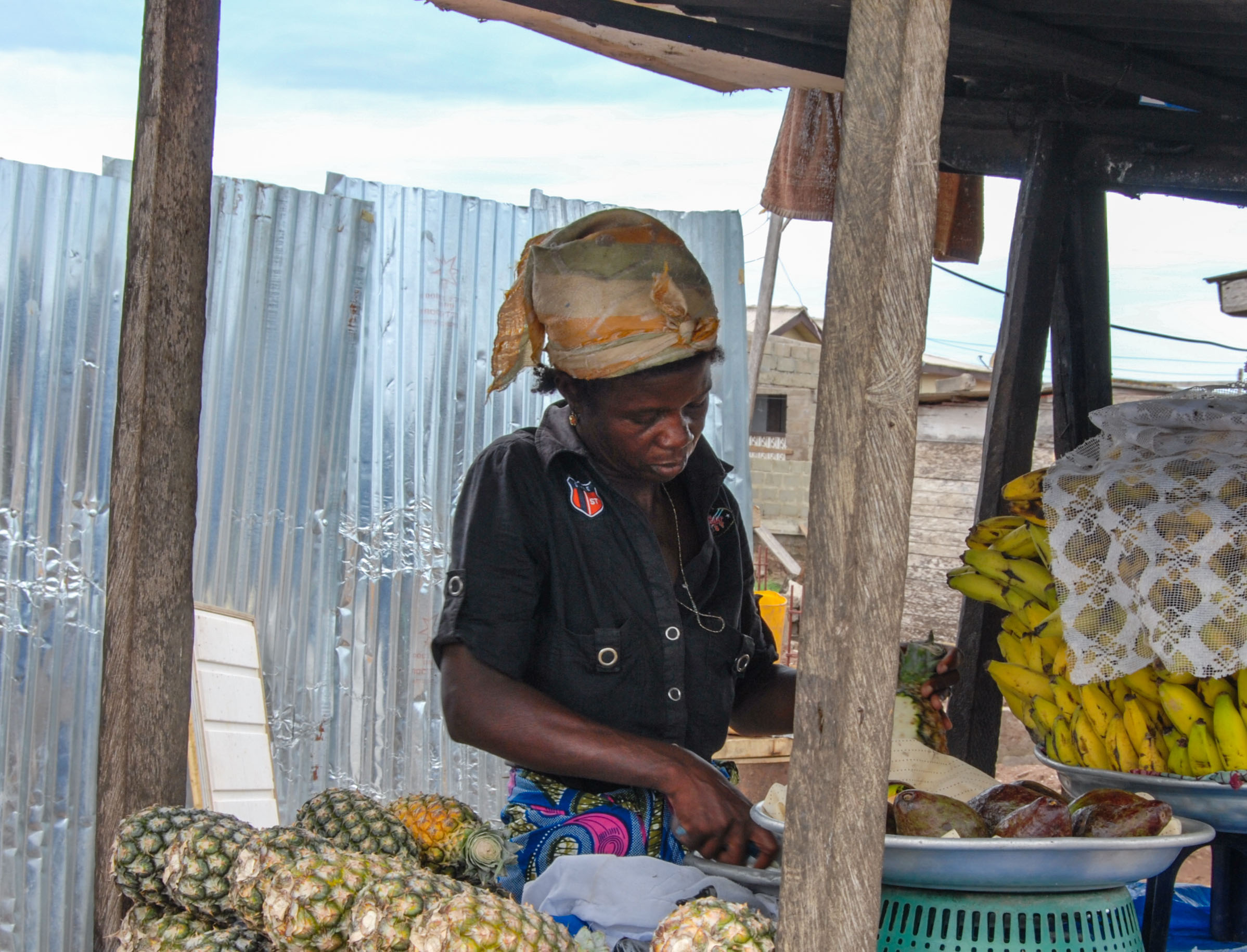Over the past two decades, there has been a remarkable increase in the generation of evidence to improve the lives of people living in poverty. Through rigorous testing and the use of data, we now know more than ever about the impact and cost-effectiveness of different approaches. Yet, the number of evidence-based programs operating at scale remains relatively limited, addressing only a fraction of the challenges faced by vulnerable populations.
Having evaluated hundreds of approaches, IPA is uniquely positioned to identify new interventions that have the potential to be transformative but require additional investment to advance along the path to scalability. In this report, we present "Best Bets: Emerging Opportunities for Impact at Scale.”
These innovations are “Best Bets” because they have enough evidence behind them to give us confidence in their efficacy, but need additional investment in research and policy work to help take them to scale. They were selected by IPA’s sectoral experts and scientific advisors who reviewed hundreds of studies, both within and outside our portfolio, considering levels of partnership engagement from projects, the amount of evidence, the observed impacts, the cost, and other scalability factors.
The report is an invitation for coalitions of implementers, researchers, and funders to capitalize on existing knowledge of what works to address some of the world’s most pressing problems, and to invest in answering remaining questions as we scale these interventions.
|
|
Best Bets Report In this report, a panel of experts, including IPA's sectoral experts and scientific advisors, identifies the most promising emerging innovations in development with the highest potential to operate at scale. The report offers valuable insights into the innovative solutions that hold significant promise for driving positive change and impact in the development sector. |
Below, we highlight 14 innovations that IPA’s experts believe offer the most opportunity for transformative investment to catalyze impact through research and partnerships.
Emerging Innovations
1. Small-quantity lipid-based nutrient supplements to reduce stunting
Stunting, or being low-height for one’s age, is a warning signal that a child is at risk of failing to reach their full physical and developmental potential. Poor quality diets during the critical ages of 6-24 months are a key contributor to childhood stunting.
Small-Quantity Lipid-Based Nutrient Supplements (SQ-LNS), nutrient-dense products for infants and toddlers that provide energy, protein, essential fatty acids, and a wide range of micronutrients, have the potential to improve nutrition and, consequently, reduce the incidence of stunting.
IPA Related Studies
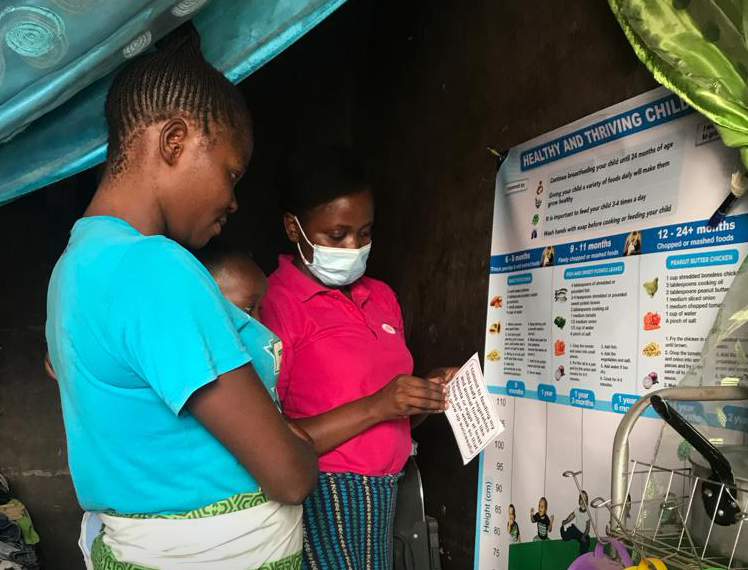 |
The Impact of Home-based Growth Charts and Nutritional Supplements on Child Stunting in Zambia |
2. Mobile phone reminders for routine childhood immunization
Childhood immunization is one of the most cost-effective ways of reducing child mortality, but in some contexts a large percentage of children fail to complete their immunization schedules, leaving them and others in their communities vulnerable to deadly diseases including measles, tetanus, pneumonia, and yellow fever. Reminders, delivered through phone calls or text messages, can help caregivers track their child’s vaccination status and alert them when the child is due or overdue for vaccination.
IPA Related Studies
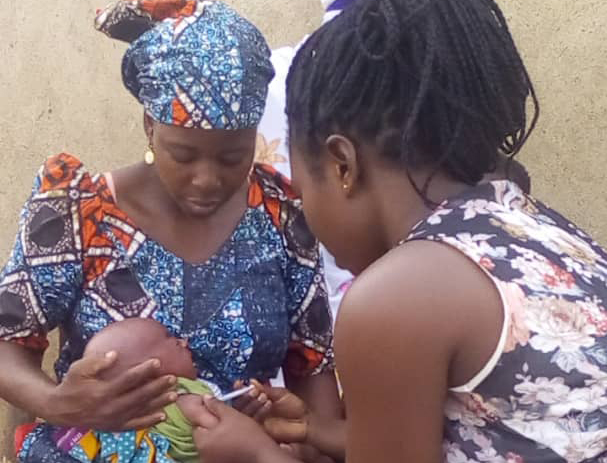 |
3. Social signaling for routine childhood immunization
Childhood immunization is one of the most cost-effective ways of reducing child mortality, but in some contexts a large percentage of children fail to complete their immunization schedules, making them and others in their communities vulnerable to deadly diseases including measles, tetanus, pneumonia, and yellow fever. Social incentives have the potential to generate demand, increasing immunization uptake without expanding costly outreach.
IPA Related Studies
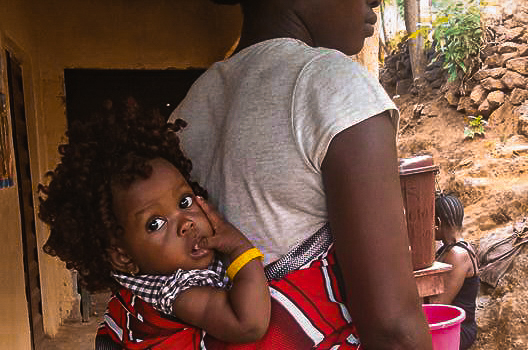 |
Color-Coded Bracelets: Using Signaling Incentives to Improve Childhood Immunization in Sierra Leone |
4. Cognitive behavioral therapy to reduce crime
There is an often disproportionate concentration of violence and crime among young men in low-income settings, both in LMICs and high-income countries. This not only has detrimental effects on the individuals involved but also impacts their victims and communities, affecting economic and social outcomes.
Cognitive Behavioral Therapy (CBT), a short-term, pragmatic form of psychotherapy that encourages individuals to alter their thinking patterns and behavior, has proven successful in crime and violence prevention. It assists in developing interpersonal skills such as assertiveness, perseverance, and emotional regulation, as well as stress management, self-control, and problem-solving.
IPA Related Studies
 |
|
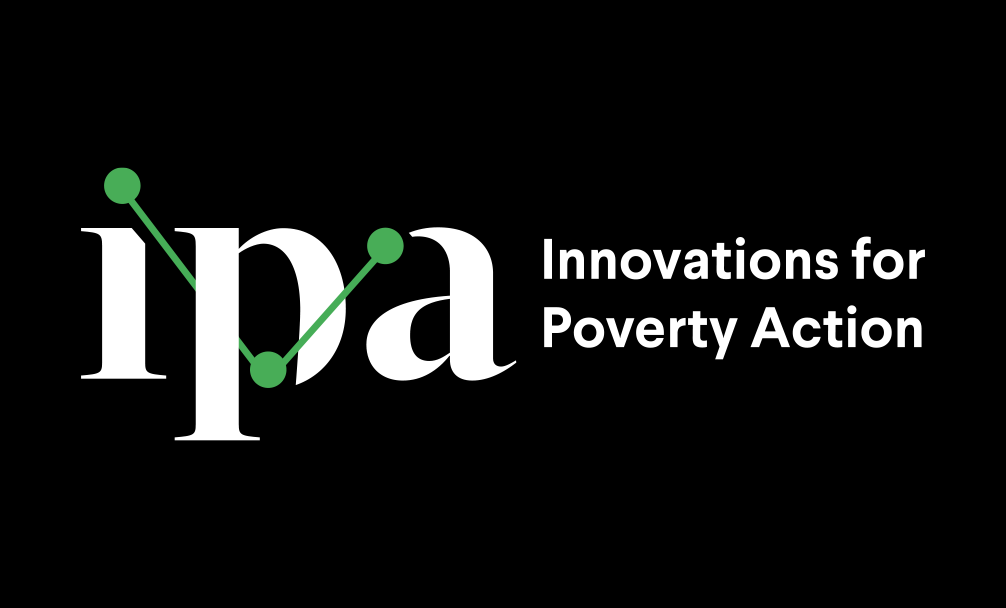 |
Preventing Violence Against Children in Refugee-Camp Schools in Tanzania |
 |
Can Mental Health Interventions Influence the Behavior of Police Officers in Mexico City? |
5. Teacher coaching to improve student learning
Expanding access to primary education has not translated to better learning outcomes in many low- and middle-income countries. In fact, many countries are experiencing a learning crisis with large percentages of students not meeting grade-level expectations in reading and math.
Teaching coaches, dedicated educational professionals who offer essential guidance such as training, advice, and feedback to in-service teachers at their schools, have the potential to help ensure that students are in fact learning.
IPA Related Studies
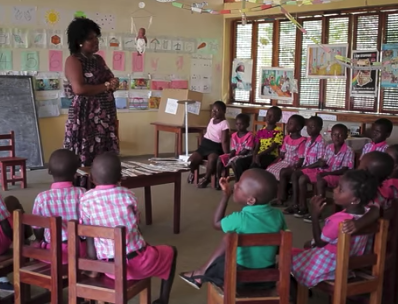 |
The Impacts of Teacher Training and Parental Engagement on Kindergarten Quality in Ghana |
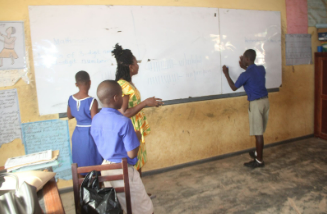 |
The Importance of Management Support for Teacher-Led Targeted Instruction in Ghana |
6. Psychosocial stimulation and responsive care to promote early childhood development
The first years of a child’s life are a critical period for cognitive development, but many children in impoverished settings do not get the stimulation and care they need for their brains to grow and develop to their potential.
Early childhood development programs that involve encouraging caregivers to respond to and stimulate their children in various ways through play and engagement can have wide-ranging, lifelong impacts on health, well-being, wages, and behavior.
IPA Related Studies
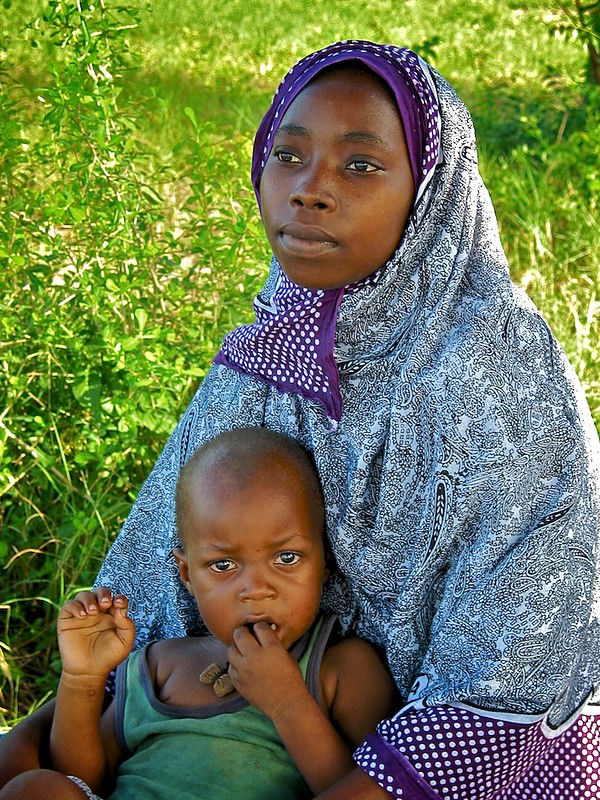 |
Incorporating a Dual Generation Approach into a Refugee Parenting Program in Tanzania |
IPA Related Publications
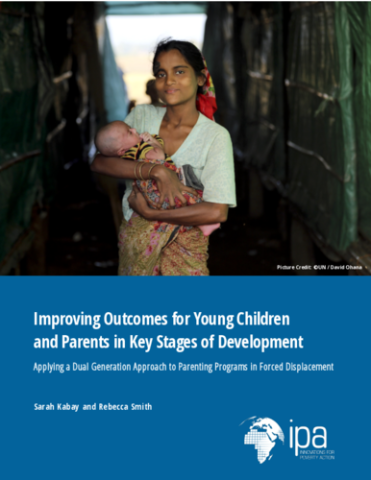 |
Improving Outcomes for Young Children and Parents in Key Stages of Development |
7. Soft-skills training to boost business profits and sales
Small- to medium-sized businesses make up the backbone of the economy in most low- and middle-income countries, but these businesses face many challenges to growth and prosperity.
Implementing a soft-skills training program that emphasizes leadership skills, resilience, self-confidence, and agency-building has the potential to boost business profits and sales.
IPA Related Studies
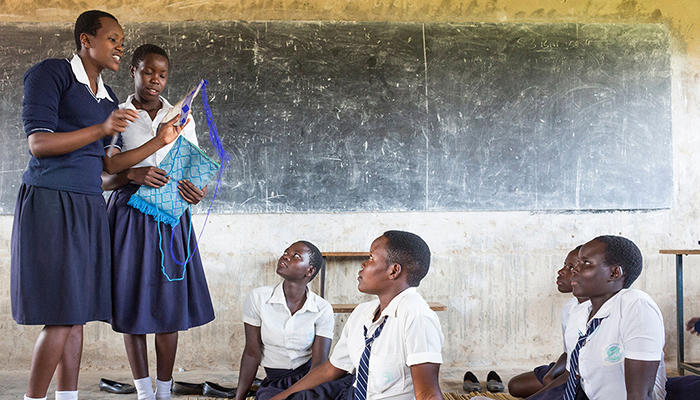 |
Soft Skills and Entrepreneurship Training for Secondary School Students in Uganda |
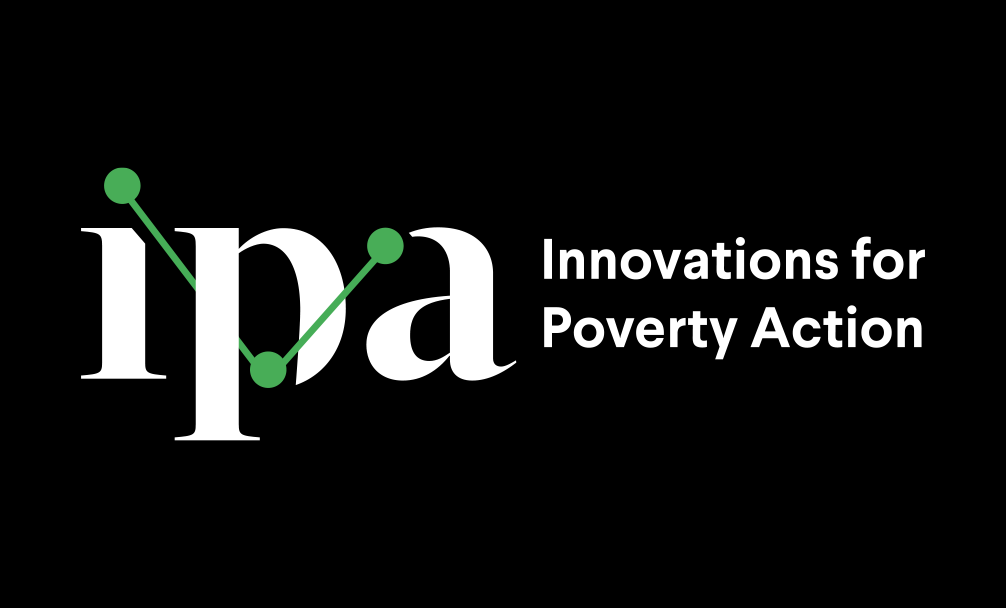 |
The Impact of an Online Entrepreneurial Mindset Training for Youth in Ecuador |
 |
8. Consulting services to support small and medium-sized businesses
Businesses in LMICs often face challenges related to productivity, and one potential reason for this is the variability in management practices among different businesses. Consulting services provided by experts or consulting companies that identify areas for improvement in business operations and assist firms in implementing recommended changes can help businesses enhance their overall performance.
IPA Related Studies
9. Empowerment and Livelihoods for Adolescents to promote girls’ agency and health
Adolescent girls living in low-income settings frequently find themselves caught in a cycle where limited skills and limited job opportunities compel them to seek financial support from (often older) men. This situation heightens the likelihood of early childbearing, which, in turn, diminishes their prospects of securing employment, achieving improved health outcomes, and attaining reproductive autonomy.
The Empowerment and Livelihood for Adolescents (ELA) program, developed by BRAC, offers a comprehensive solution to address this issue. ELA combines business and vocational skills training, financial literacy education, health awareness, and empowerment training. This holistic approach has the potential to break this cycle and empower adolescent girls to lead healthier and more independent lives.
IPA Related Studies
 |
|
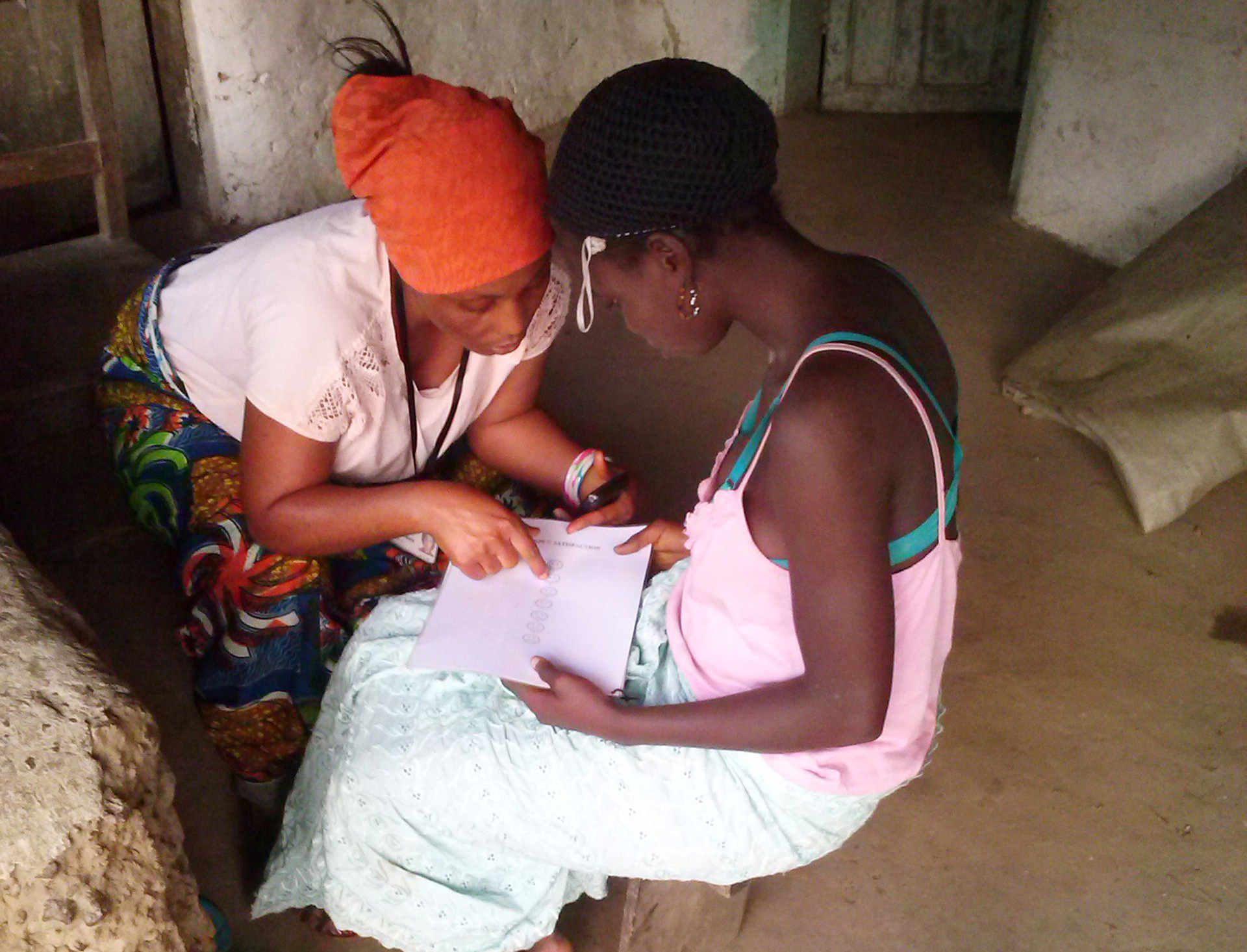 |
10. Becoming One: Couples’ counseling to reduce intimate partner violence
More than a third of women globally have endured physical or sexual violence, often perpetrated by intimate partners. Faith leaders, who already serve as community leaders and couples' counselors, can make a significant impact by receiving training to implement a curriculum that emphasizes communication, emotional regulation, conflict and anger management, financial literacy, sexual consent, and mutual pleasure. This initiative has the potential to reduce incidents of intimate partner violence.
IPA Related Studies
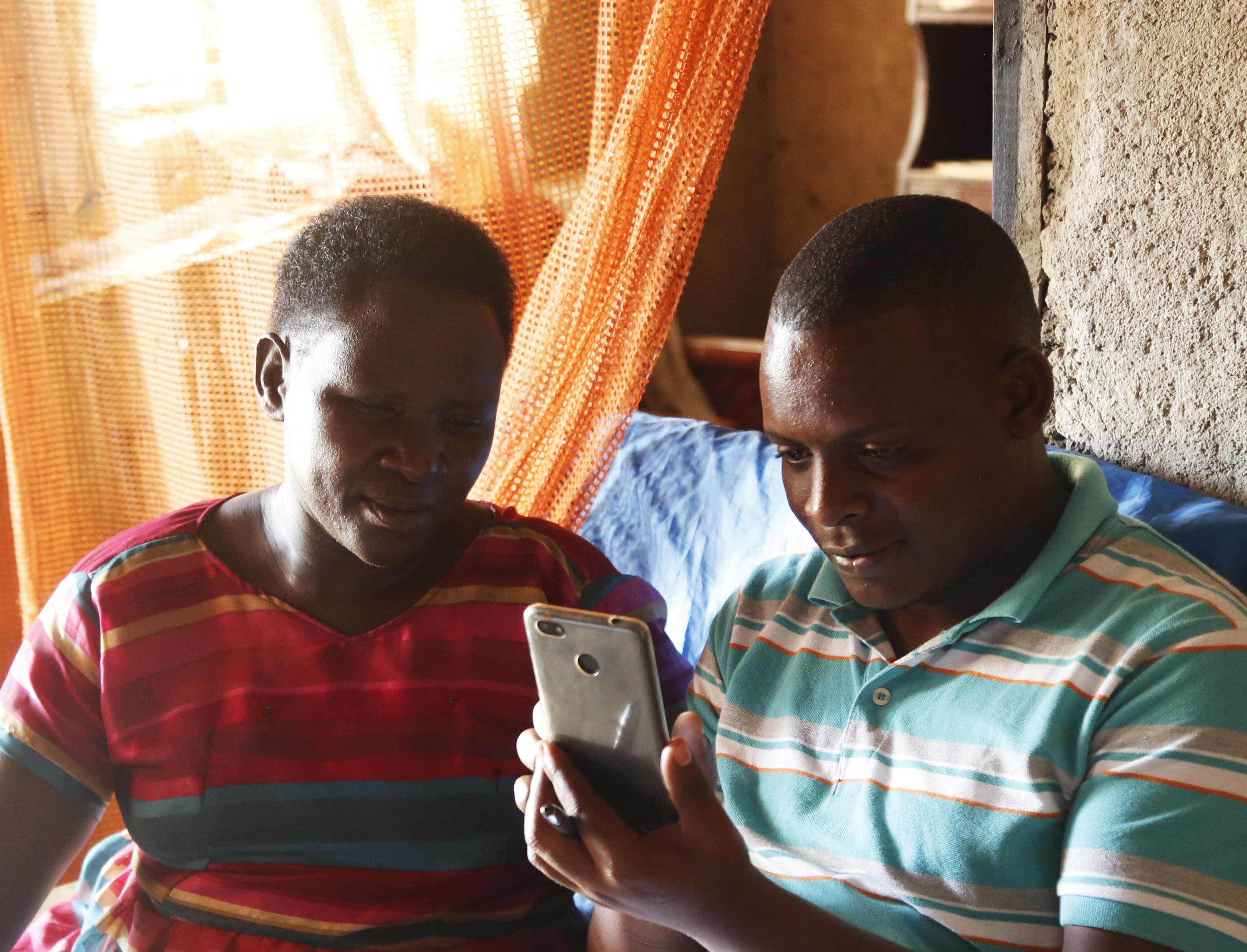 |
A Faith-Based Couples' Counseling Program Reduced Intimate Partner Violence in Uganda |
11. Edutainment to change attitudes and behavior
Governments and NGOs frequently disseminate information to promote behavior change in areas such as health, women's and minority rights, and economic opportunities. However, relying solely on information often proves ineffective. "Edutainment," or entertainment education, is a communication strategy that harnesses the power of mass entertainment media to create a more conducive environment for behavior change compared to simply delivering information.
IPA Related Studies
12. Digital payments to improve financial health
In low- and middle-income countries, a substantial portion of the population, especially women, still lacks access to traditional banking services and predominantly conducts financial transactions using cash. Embracing digital payment solutions, like mobile money and bank transfers, offers a cashless, fast, secure, and discreet way to facilitate financial inclusion and empower individuals in these regions.
IPA Related Studies
13. Childcare for women’s economic empowerment and child development
Worldwide, women often bear a disproportionate responsibility for caring for children, which can result in lower labor force participation and earnings compared to men. Childcare support plays a pivotal role in facilitating women's participation in the workforce, while also providing children with essential early-life benefits such as education, socialization, and proper nutrition.
IPA Related Studies
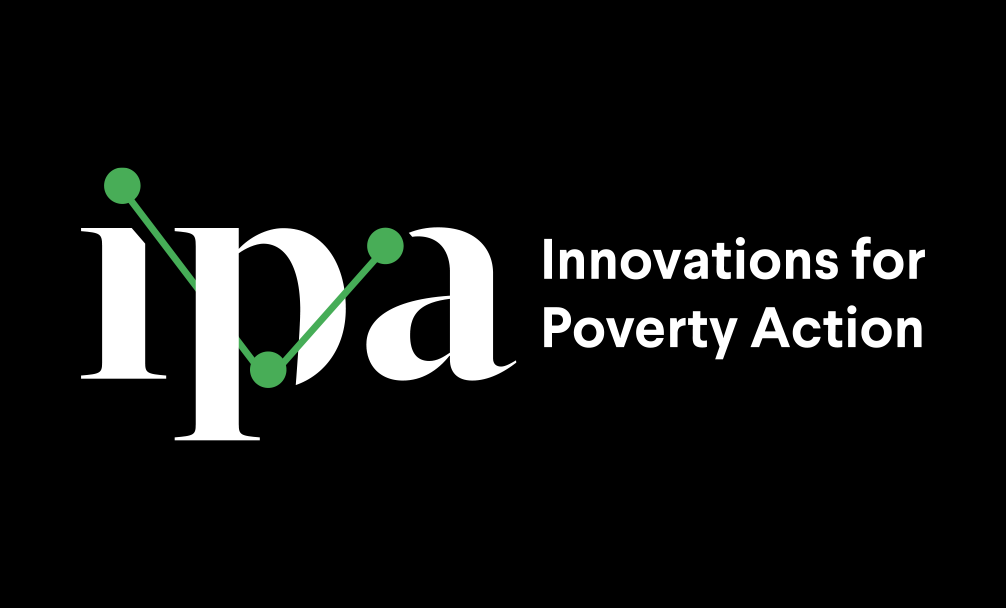 |
Balancing Work and Childcare: Evidence from COVID-19 Related School Closures in Kenya |
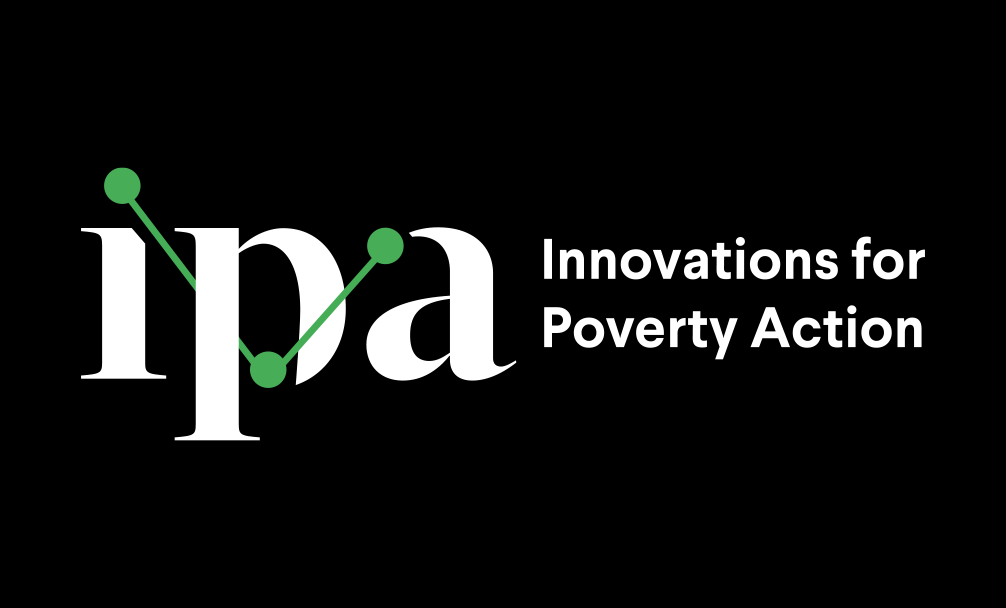 |
IPA Related Publications
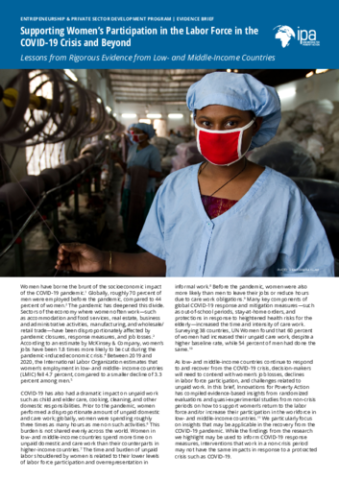 |
Supporting Women’s Participation in the Labor Force in the COVID-19 Crisis and Beyond |
14. Payment for ecosystem services to reduce deforestation and protect the environment
From 2000 to 2018, over 90 percent of global deforestation took place in tropical forests, leading to an area of forest equivalent in size to Western Europe being cleared. Payment for ecosystem services (PES) offers a straightforward yet highly effective solution to address deforestation and other environmental issues: it involves compensating individuals for preserving trees and making investments in the maintenance of watersheds and other ecosystems. PES has the potential to create a win-win scenario, as it not only helps mitigate climate change but also provides essential economic support to households in low- and middle-income countries.
IPA Related Studies
 |
Testing the Effectiveness of Payments for Ecosystem Services to Enhance Conservation in Uganda |
 |
Redesigning Payments for Ecosystem Services in Mexico to Increase Cost-Effectiveness |












